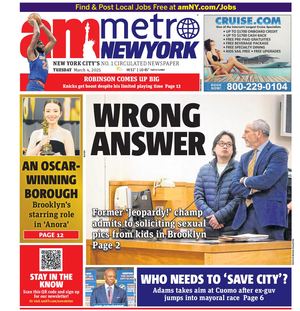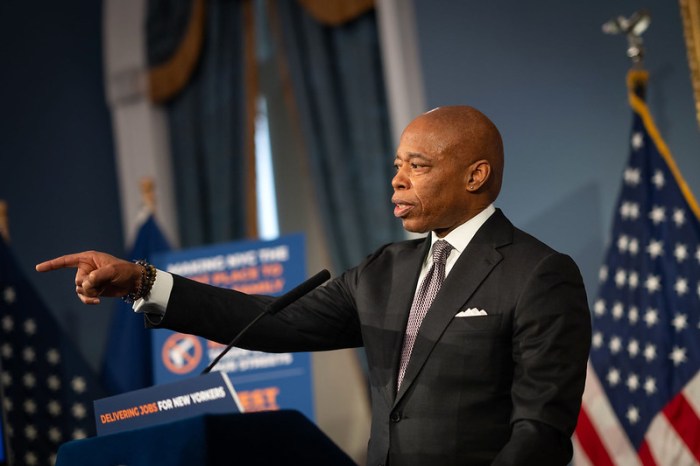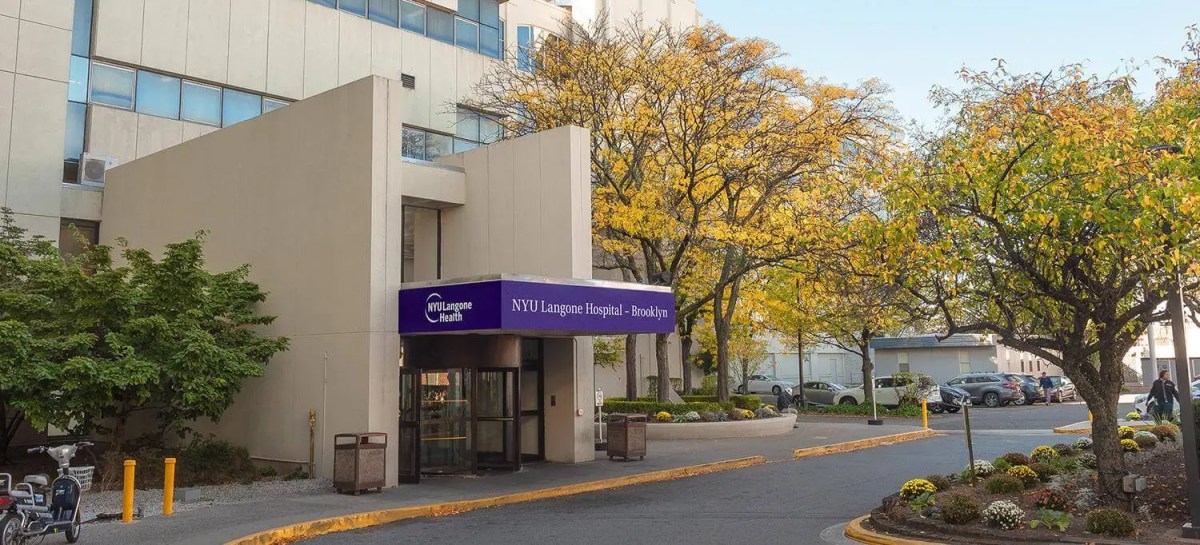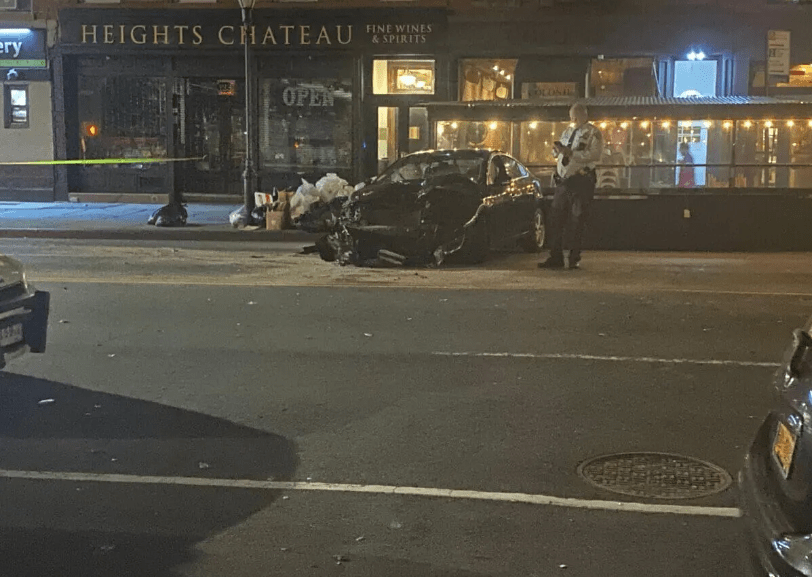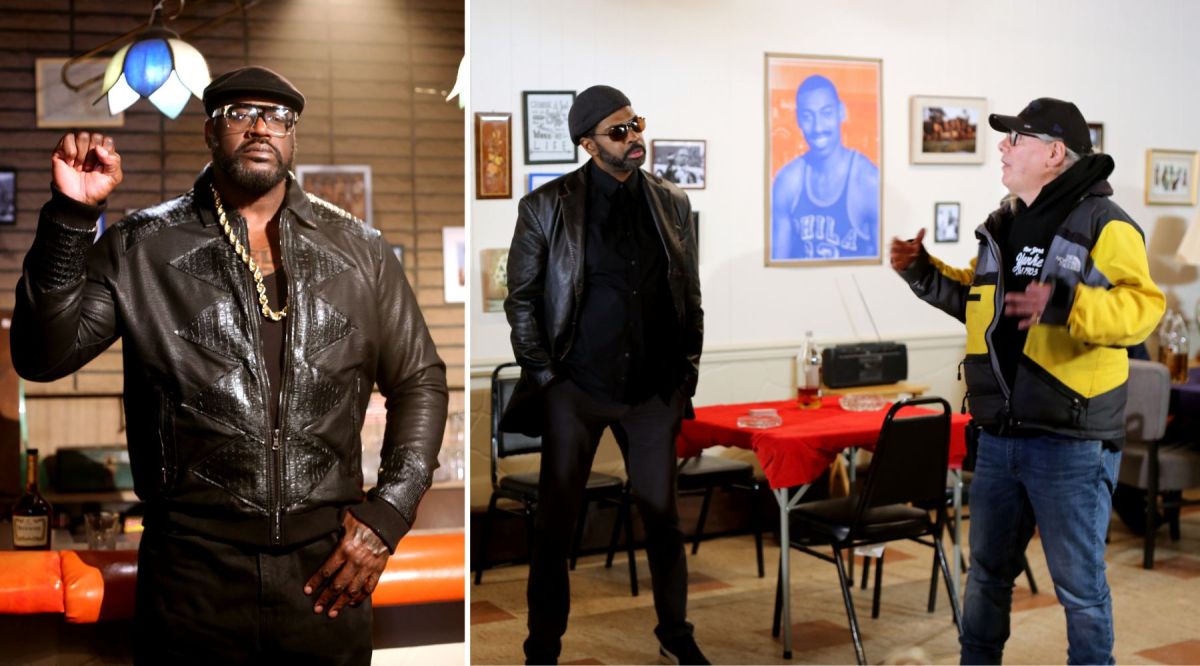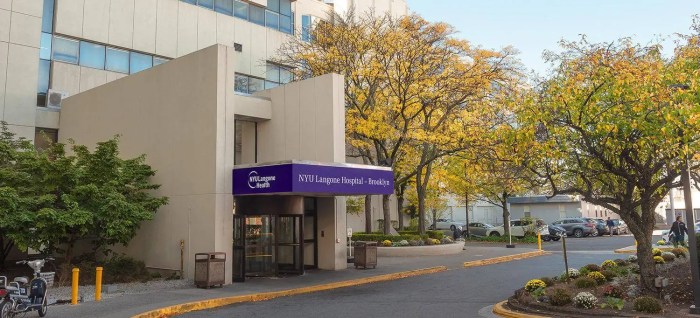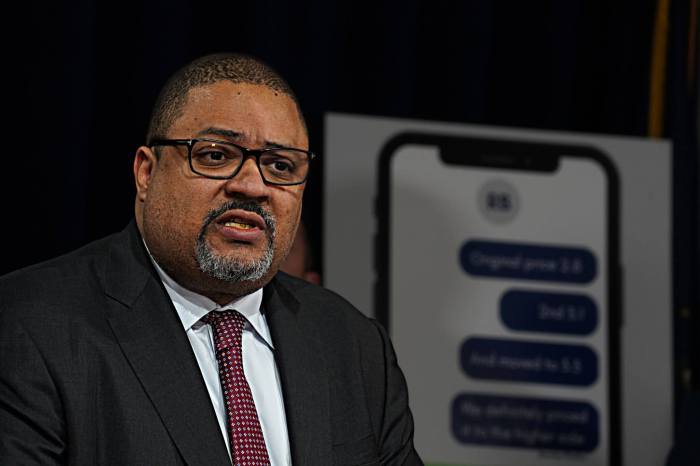In November’s General Election, New Yorkers will be able to vote on whether to apply advice-and-consent, a well-established democratic process used by many of the nation’s city and state governments, to 20 additional city agency commissioners.
However, the Mayor’s Charter Revision Commission is attempting to disenfranchise New Yorkers and block their right to vote on this existing proposal to increase transparency in our government by rushing to develop new proposals that would kick it off the ballot.
The Mayor’s Commission should not stand in the way of New Yorkers and their right to vote. It should be left up to New Yorkers to decide the fate of advice-and-consent.
Since the founding of our nation’s democracy, advice-and-consent has been used to protect government from abuses of power, ensuring top positions are held by qualified individuals and are in service to the public, rather than used as tools for personal or political enrichment.
Advice-and-consent allows for greater transparency in the appointment of city agency leaders, moving the process out of the shadows and into the light through public hearings. Through this open process, New Yorkers can offer public testimony and learn about nominees’ expertise and abilities to address the city’s challenges. This benefits nominees, giving them an early opportunity to build relationships across government and earn the public’s trust and support.
Commissioners of city agencies have an enormous impact on the lives of New Yorkers. They manage our city’s parks and sanitation system, affordable housing development, and administration of vital benefits for residents.
Yet, most New Yorkers often have no idea who these commissioners are.
The Council, democratically elected by New Yorkers across the city, overwhelmingly passed the advice-and-consent law with bipartisan support to advance greater transparency and safeguards. This is good for our city and government.
Now it’s up to voters to determine whether to enact the law.
It would be wholly undemocratic for the Mayor’s Charter Revision Commission to deny New Yorkers their right to vote.
The Mayor’s Commission must also refrain from advancing proposals that weaken democracy and oversight by adding roadblocks for passing legislation.
A Charter Revision Commission is a serious undertaking to conduct a full review of the city’s constitution and propose improvements. When done with due diligence, taking care to prioritize public engagement and thoughtful review, a Commission can improve our city’s governance.
However, this Mayor’s Commission is doing the opposite and falling far short of the standards established by previous commissions. Its lack of comprehensive review and meaningful public engagement is the result of a process that has been rushed to complete its work within two months.
In comparison, the 2019 Charter Revision Commission was established in December 2018 and issued its final report eight months later, in August 2019. That Commission convened expert forums that were open to the public to more closely examine proposals. It also heard testimony from experts around the country on the experiences of other cities and states.
It is imperative that governmental processes provide the space, time, and opportunity for the public to weigh in on crucial decisions, unlike what is taking place with this current Commission. For example, the Council has long-established policies and procedures for city legislation that include multiple ways for the public to engage and provide input, which are utilized to inform lawmaking and policy decisions.
A recent report by Citizen Union, a good government organization, found that the Council typically spends over 280 days reviewing a bill between introduction and the final vote. For all pieces of legislation, the Council encourages robust engagement with stakeholders and considers public feedback.
During last month’s hearing on the FAIR Act, proposed legislation to reform real estate broker fees, the Council heard roughly five hours of testimony from 93 participants in person and via Zoom and received even more in written correspondence.
There is no reason for the Mayor’s Commission to rush this process. By law, it has a term that can continue until next year’s Election Day.
Rather than rush to offer proposals in time for this year’s General Election, simply to block voters from weighing in on advice-and-consent, we urge the Mayor’s Commission to utilize its full term to offer sound proposals for 2025. It must allow New Yorkers to exercise their democratic right to vote on the existing advice-and-consent proposal in this year’s General Election.
At a time when the health of democracy is vulnerable, it is even more critical that New York City takes steps locally to strengthen our representative democracy. Advice-and-consent is pivotal to this mission.
This November, we must let democracy play out on the ballot.
Let New Yorkers decide.
Council Member Crystal Hudson represents District 35 in Brooklyn and is Co-Chair of the Black, Latino, and Asian Caucus.
Council Member Sandy Nurse represents District 37 in Brooklyn and is Co-Chair of the Progressive Caucus.
Council Member Kevin Riley represents District 12 in the Bronx and is Co-Chair of the Black, Latino, and Asian Caucus.
Council Member Shahana Hanif represents District 39 in Brooklyn and is Co-Chair of the Progressive Caucus.
